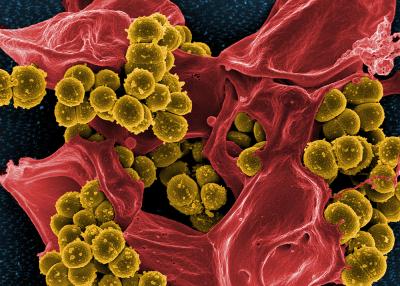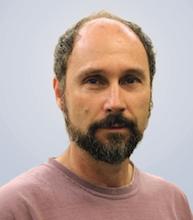James AE, West L, Schloss K, Nataraj P, Urban A, Hirsch A, Krausz M, Kumar S, Raasch J, Risma K, Church JA, Grimbacher B, Bergerson JRE, Chong H, Freeman AF. Treatment of STAT3-deficient hyper-immunoglobulin E syndrome with monoclonal antibodies targeting allergic inflammation. J Allergy Clin Immunol Pract. 2022 May;10(5):1367-1370.e1.
Nunes-Santos CJ, Koh C, Rai A, Sacco K, Marciano BE, Kleiner DE, Marko J, Bergerson JRE, Stack M, Rivera MM, Constantine G, Strober W, Uzel G, Fuss IJ, Notarangelo LD, Holland SM, Rosenzweig SD, Heller T. Nodular regenerative hyperplasia in X-linked agammaglobulinemia: An underestimated and severe complication. J Allergy Clin Immunol. 2022 Jan;149(1):400-409.e3.
Delmonte OM, Bergerson JRE, Burbelo PD, Durkee-Shock JR, Dobbs K, Bosticardo M, Keller MD, McDermott DH, Rao VK, Dimitrova D, Quiros-Roldan E, Imberti L, Ferrè EMN, Schmitt M, Lafeer C, Pfister J, Shaw D, Draper D, Truong M, Ulrick J, DiMaggio T, Urban A, Holland SM, Lionakis MS, Cohen JI, Ricotta EE, Notarangelo LD, Freeman AF. Antibody responses to the SARS-CoV-2 vaccine in individuals with various inborn errors of immunity. J Allergy Clin Immunol. 2021 Nov;148(5):1192-1197.
Delmonte OM, Bergerson JRE, Kawai T, Kuehn HS, McDermott DH, Cortese I, Zimmermann MT, Dobbs AK, Bosticardo M, Fink D, Majumdar S, Palterer B, Pala F, Dsouza NR, Pouzolles M, Taylor N, Calvo KR, Daley SR, Velez D, Agharahimi A, Myint-Hpu K, Dropulic LK, Lyons JJ, Holland SM, Freeman AF, Ghosh R, Similuk MB, Niemela JE, Stoddard J, Kuhns DB, Urrutia R, Rosenzweig SD, Walkiewicz MA, Murphy PM, Notarangelo LD. SASH3 variants cause a novel form of X-linked combined immunodeficiency with immune dysregulation. Blood. 2021 Sep 23;138(12):1019-1033.
Hsu AP, Donkó A, Arrington ME, Swamydas M, Fink D, Das A, Escobedo O, Bonagura V, Szabolcs P, Steinberg HN, Bergerson J, Skoskiewicz A, Makhija M, Davis J, Foruraghi L, Palmer C, Fuleihan RL, Church JA, Bhandoola A, Lionakis MS, Campbell S, Leto TL, Kuhns DB, Holland SM. Dominant activating RAC2 mutation with lymphopenia, immunodeficiency, and cytoskeletal defects. Blood. 2019 May 2;133(18):1977-1988.
Arts K, Bergerson JRE, Ombrello AK, Similuk M, Oler AJ, Agharahimi A, Mace EM, Hershfield M, Wouters C, De Somer L, Morren MA, Diego RP, Moens L, Freeman AF, Meyts I. Warts and DADA2: a Mere Coincidence? J Clin Immunol. 2018 Nov;38(8):836-843
Visit PubMed for a complete publication listing.



